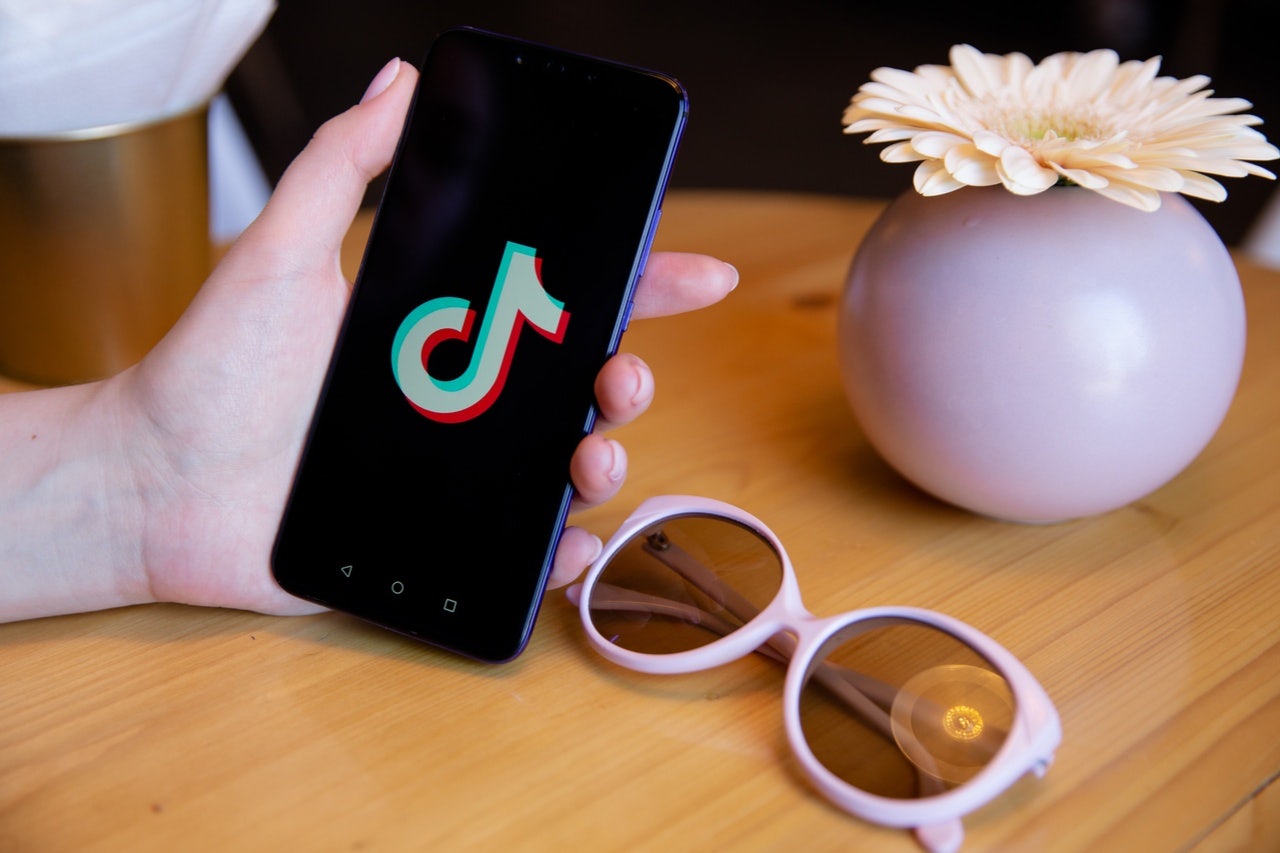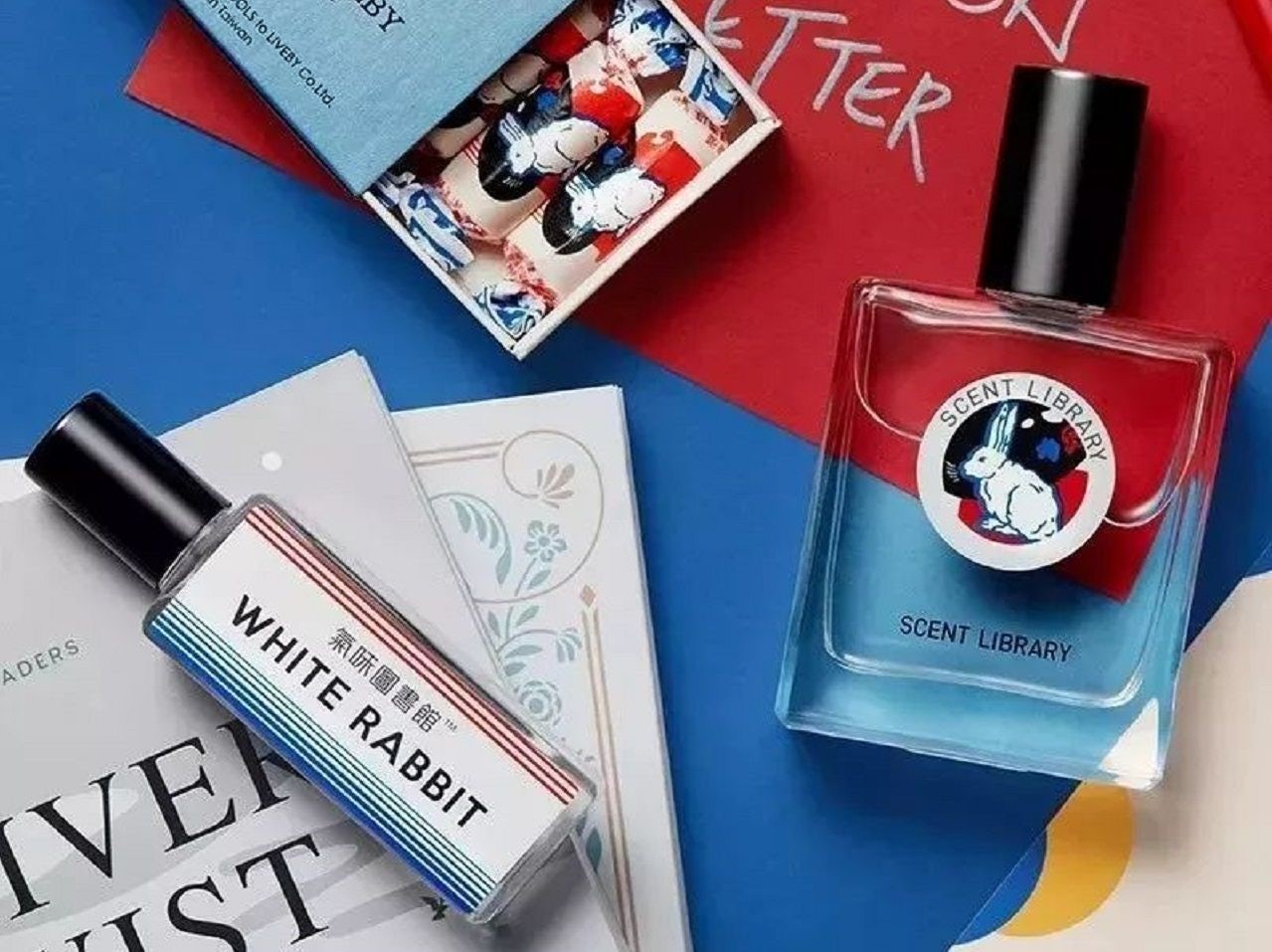In “Chinese Whispers,” we share the biggest news stories about the luxury industry in China that have yet to make it into the English language. In this week’s edition, we discuss:
- The decline of Korean beauty wave in China and the rise of Chinese and Japanese beauty players
- Sandro's partnership with Farfetch China
- And more companies and brands doing marketing on Douyin
1. The real reasons why K-beauty is losing market share in China - Jiemian#
There are clear signs that the popularity of Korean beauty brands are quickly fading after being trendy for almost a decade in China. Last week, Chinese news site Jiemian, citing statistics from the Financial Times, said that beauty & cosmetics exports from South Korea to China in 2018 only grew 20 percent, a sharp drop from an average of 66 percent growth rate over the past five years.
Domestic Chinese beauty brands and Japanese labels are two contenders stealing market share from Korean players, as noted by Jiemian. Over the past two years, as an increasing number of domestic fashion and beauty players heading overseas to host runway shows, the younger generation's passion for Chinese brands has noticeably risen. Local Chinese brands are also adept at understanding the needs of Chinese consumers and marketing them. Therefore, Korean brands, which are typically in the same price range, see their consumers flip to Chinese ones.
In addition, Jiemian said Chinese consumers are suffering from beauty fatigue from the aesthetics of Korean brands that equalize beauty to perfection. That gives the chance for Japanese brands that tend to focus on authenticity, self-confidence, and self-care in their advertising campaigns.

2. Sandro to sell on Farfetch China - Yicai#
On July 17, the French affordable luxury brand Sandro (from SMCP Group) officially signed a partnership deal with e-commerce platform Farfetch in China, increasing its online offerings to digital-savvy Chinese shoppers. Previously, Sandro set up a Chinese e-commerce store and a flagship store on JD.com, the country's second-largest e-tailer.

3. Douyin experienced a surge of corporate accounts YTD - Ebrun#
China's short video app Douyin recorded a massive amount of new corporate accounts in 2019. According to a whitepaper published by the platform, the number of corporate accounts surged by nearly 45 times from June 2018 to June 2019. Also, these accounts have become the most active users on Douyin, as they discover the value to do marketing and branding on it.



